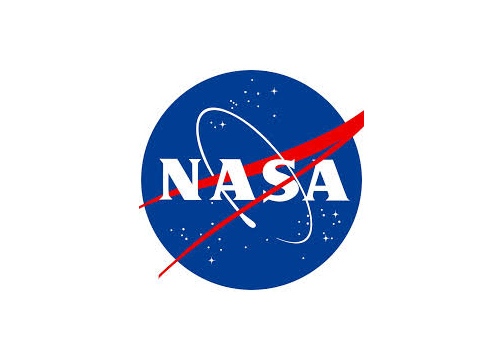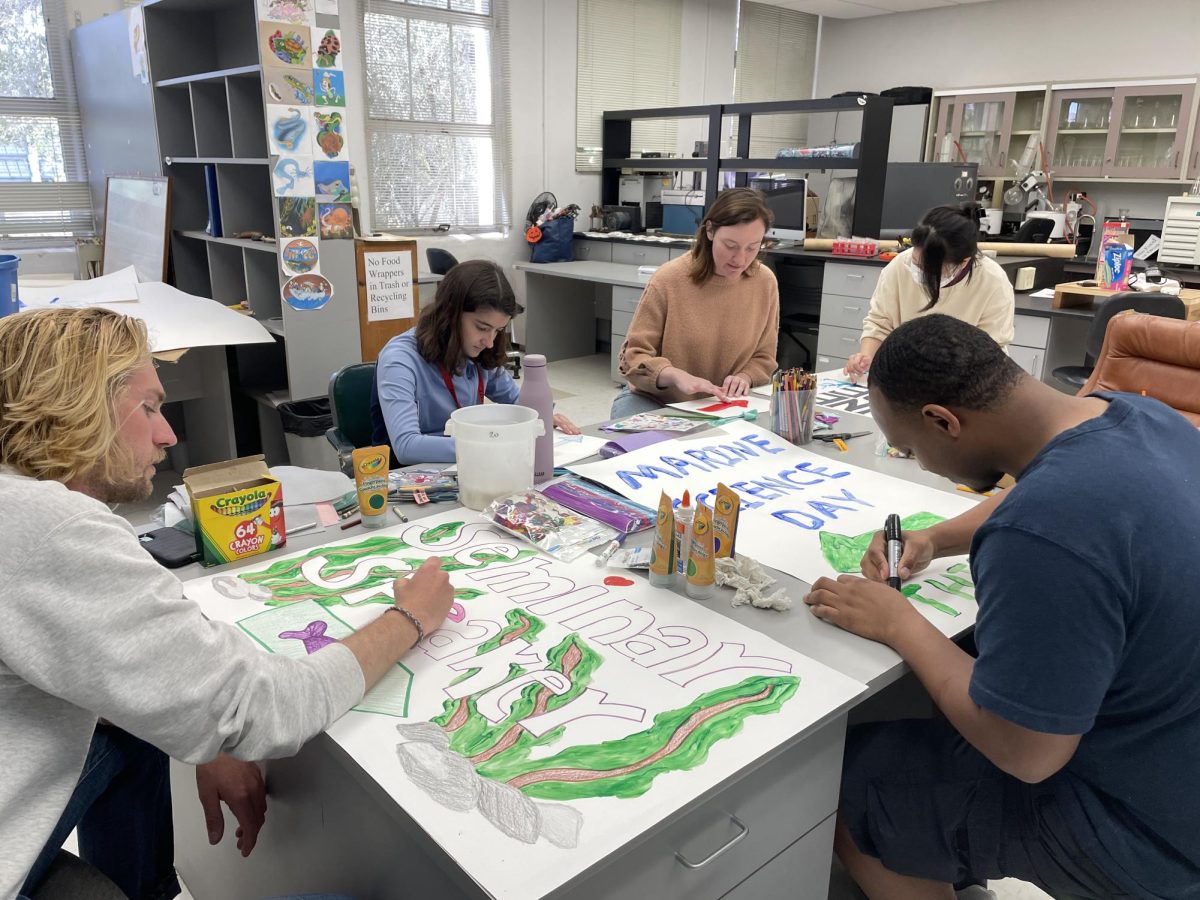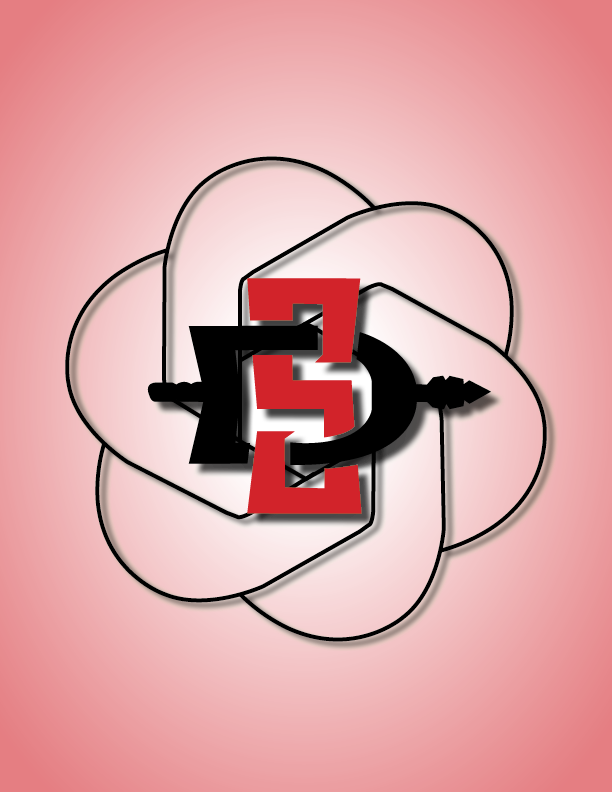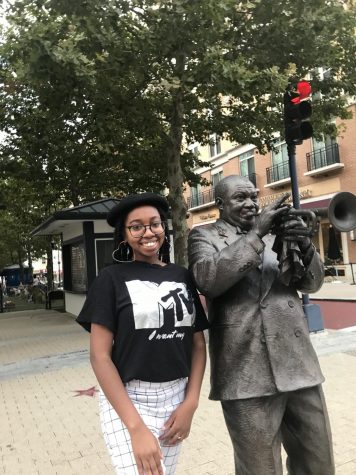
The 1980s were an unforgettably unique era. The music, the fashion, the sports rivalries, the movies and television shows all defined the decade.
However, for every good thing the 80s brought, there were twice as many unfortunate disasters that came too.
On Jan. 28, 1986, the Challenger space shuttle exploded only 73 seconds after its launch.
On board were astronauts Ellison Onizuka, Gregory Jarvis, Judith Resnik, Michael Smith, Francis (Dick) Scobee, Ronald McNair and most notably, school teacher Christa McAuliffe. They were all killed when the shuttle broke apart in midair over the Atlantic Ocean, turning a historic event into a national nightmare.
June Scobee Rodgers, the widow of Scobee, told TODAY, “The media froze our grief in newspapers and TV clips. It was so unbearable.”
Scobee Rodgers knew that space travel came with risks. “We talked about those risks, and he was willing to take those risks,” she said.
When McAuliffe was a finalist for the NASA program she told then radio reporter Beth Germano of WBZ-TV about her enthusiasm for teaching in addition to the lessons from space she would learn and share with her students.
“I think I’ve always been a risk taker,” McAuliffe said “I like to do things that are adventuresome. I’m really hoping it generates excitement in the education process to give teachers a more positive role.”
Hoda Kotb of the TODAY Show spoke to some of McAuliffe’s former students, Holly Merrow, Kristin Jacques and Tammy Hickey, about how they all became teachers in her honor. They walked Kotb down memory lane as they talked about being McAuliffe’s students and where they were when they watched the shuttle take off.
Merrow did not do the interview with Kotb to gain publicity or notoriety, but to simply commemorate McAuliffe’s legacy.
“We never want to forget these people,” Merrow said. “I want her to be remembered as someone who stepped outside of her comfort zone and really took a leap to do something that really no one else got to do. I want kids to feel that they can do the same, that they can do and be anything they want to be.”
After talking with some of her former peers last week, all three of them now teachers, the group decided even though 35 years have passed, they needed people to remember the person their then teacher was. It is that message she hopes resonates with her own students now.
Merrow is a second-grade teacher, Hickey is now a middle school physical education teacher and Jacques teaches fifth grade.
The tragedy happened 19 years and one day after the deaths of three astronauts of the Apollo program in 1967 in a simulation fire at Kennedy Space Center. Seven more astronauts would die 17 years and four days after the Challenger on Feb. 1, 2003, when Space Shuttle Columbia disintegrated during re-entry.
The three tragedies that took 17 lives across one week mark the lowest points in NASA’s history. NASA honors all of them and others who lost their lives in pursuit of space exploration on its Day of Remembrance, Jan. 28, 2021.
Crews salvaged the pieces of the shuttle, which were reassembled to investigate what happened. Remains from the seven astronauts were recovered and what could be identified were returned to their families. The rest of them were buried at the Challenger Memorial at Arlington National Cemetery on May 20, 1986.
NASA’s Kennedy Space Center Visitor’s Center has an exhibit on display on Florida’s Space Coast paying tribute to those lost in the Challenger. The display also includes a memorial to those lost in the Space Shuttle Columbia.
This year, NASA leaders held a scaled down remembrance ceremony at the exhibit due to the COVID-19 pandemic to honor those who lost their lives 35 years ago. Honored at the service were the crews of Apollo 1, the space shuttle Columbia and the space shuttle Challenger.
On the night of Jan. 28, 1986, President Ronald Reagan addressed the American people. After expressing his condolences to the families of those killed, he reflected on the country’s space exploration.
“We’ve grown used to the idea of space, and perhaps we forget that we’ve only just begun. We’re still pioneers. They, the members of the Challenger crew, were pioneers,” He said.
Then, Reagan specifically addressed the schoolchildren who had been watching from the start to the end of the day – reliving the solemn day – sharing with them that tragedy is sometimes part of the process of ‘expanding our horizons’.
“The future doesn’t belong to the faint-hearted. It belongs to the brave,” Reagan said. “The Challenger crew was pulling us into the future, and we’ll continue to follow them.”








